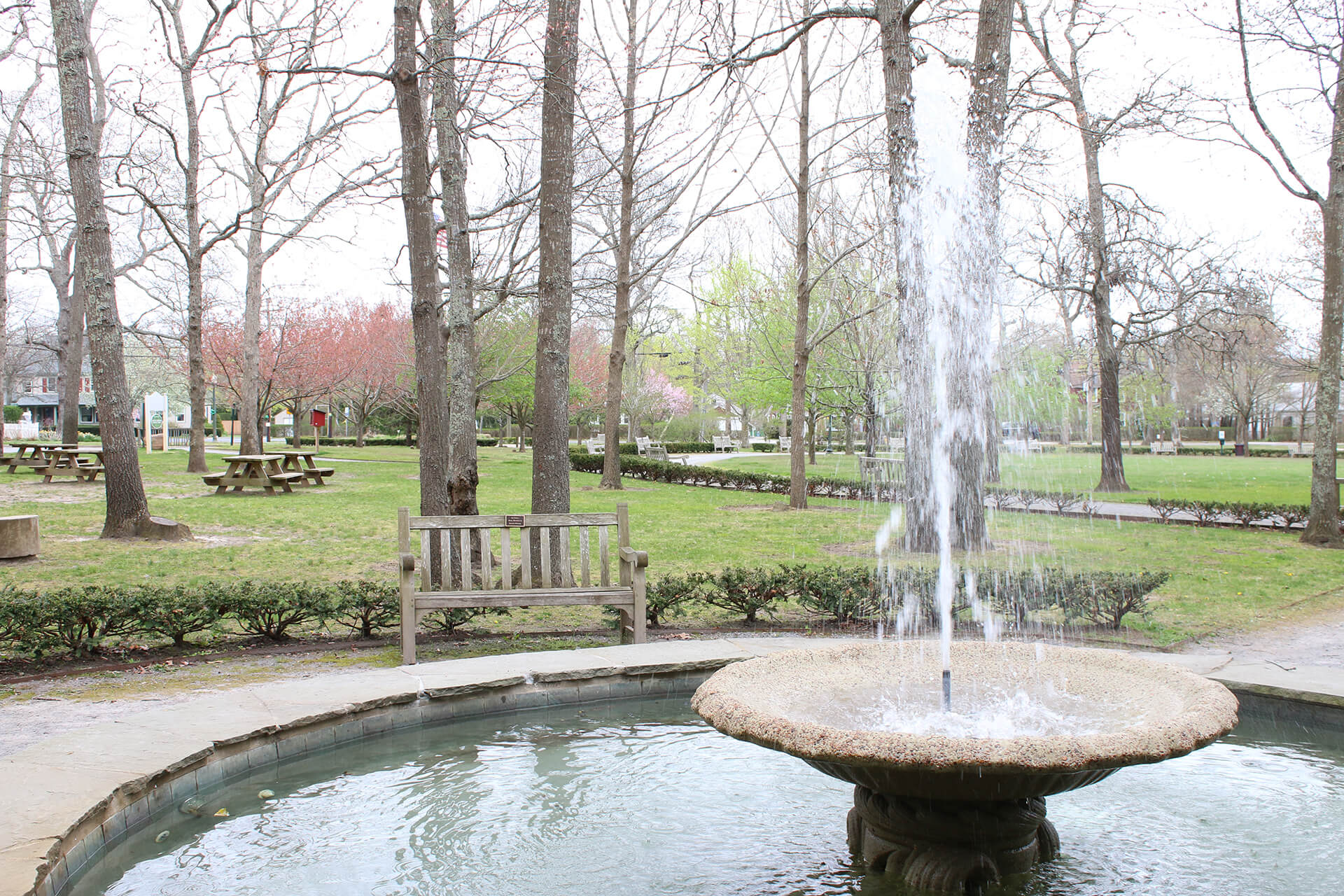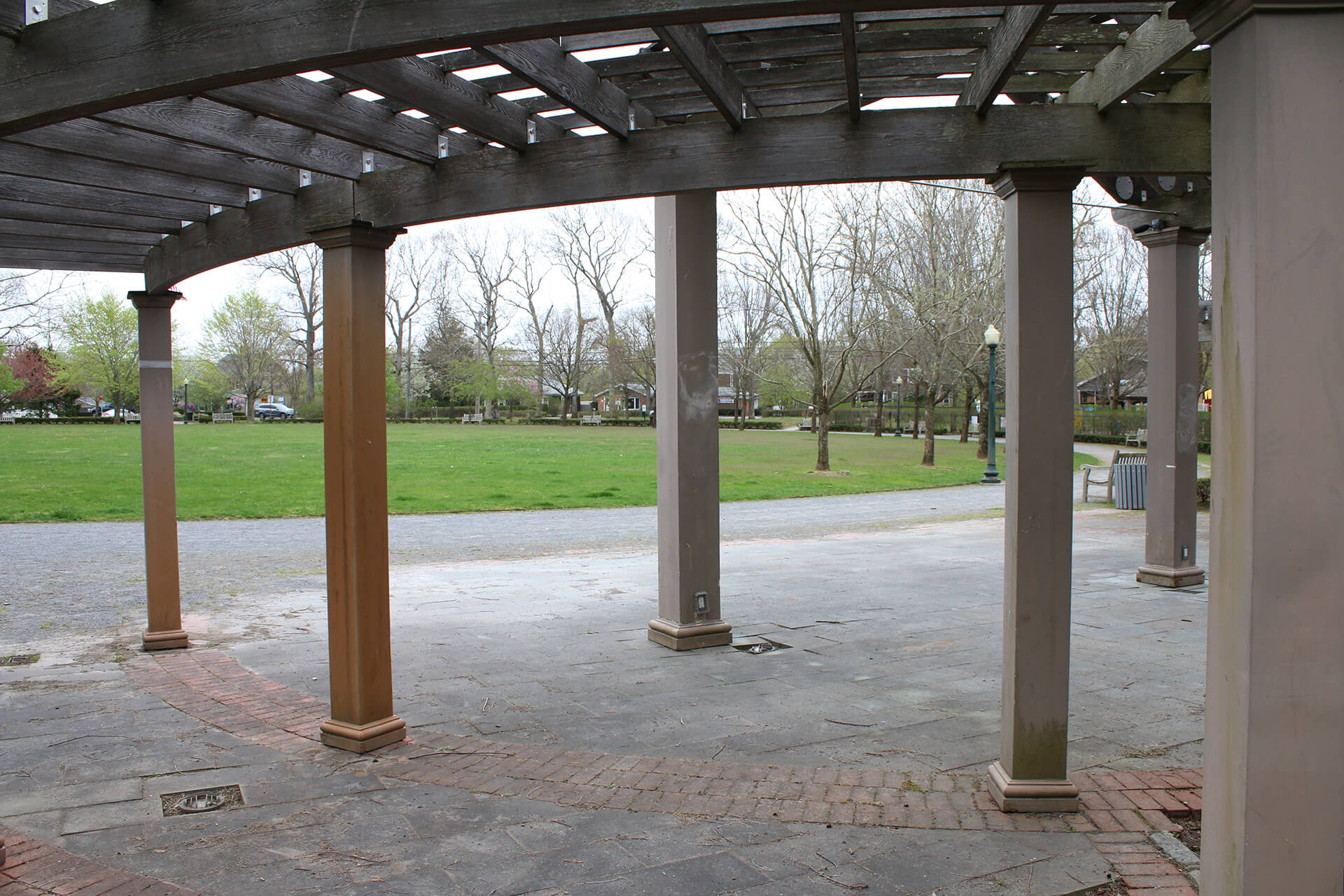The Village of East Quogue?


It’s more than just a name change.
If organizers are successful, East Quogue will become the third hamlet in Southampton Town to secede and form its own government, following the lead of Sagaponack and Westhampton Dunes.
And make no mistake about it, there will be a state of the art private golf course built as soon as the process is completed, if it’s not there already.
Organizers are making no bones about it: the recent decision by the Southampton Town Board to turn down Discovery Land’s request to build Southampton Hills, a luxury housing community centered around a golf club, has everything to do with it, said Gregory Celi Jr., a member of the exploratory committee.
“It’s not that it didn’t go through, it was the way it was handled by the town,” Celi said about the course. “It was a minority point of view used to overthrow the project. This is about the process.”
Two Democrats on the town board, Julie Lofstad and John Bouvier, voted against creating the planned development district, which needed a supermajority of the board for approval.
Discovery is now seeking approval through the Southampton Town planning process.
During the PDD application process, which included several public hearings, it became apparent many residents of East Quogue were in favor of the Discovery project, which would have lowered school taxes and infused capital into the school districts. Opponents contended the course would cause ground water pollution that would eventually imperil nearby waterways.
The newly formed East Quogue Village Exploratory Committee will hold a public hearing on May 21. Former Southampton Town Supervisor Patrick “Skip” Heaney is a member.
“We will present facts. We are not driving the decision for the people,” Celi said. He guessed the Discovery application, “will be long in play” before a new village will be able to regulate its own planning and zoning. That process could take about two years.
The EQVEC has retained the services of Bee Ready et al LLC to aid members in navigating the path to achieve village status. The firm specializes in municipal law, including election law like a potential village incorporation vote.
The process is similar to a candidate running for office in the town. It requires a petition, followed by an election. A successful petition requires that at least 20 percent of residents who are qualified to vote in a town election sign the petition to call for a vote.
Upon achieving the legally required number of signatures, the petition is presented to the town supervisor to verify that all conditions of the petition have been met. If the petition meets the criteria, an election is set for the residents of East Quogue to decide whether or not they wish to incorporate as a village. A simple majority wins.
Southampton Town Supervisor Jay Schneiderman has been down this road before, as a former Montauk resident and the former East Hampton Town Supervisor. Montauk’s incorporation has been the topic of discussion for many years.
“I am for self-determination. I’m a big supporter of home rule,” he said. Schneiderman noted as town supervisor he would play a role: he has to certify that the petition to incorporate is valid.
If the local residents of East Quogue vote in favor of incorporation, the local government will then quickly be set up, by the appointment of a Village Clerk and an election of the Village Board, including a Mayor and four Trustees.
The Town of Southampton is required to continue to deliver the same services it is currently providing, for a period of two years. This will give the new village time to organize and negotiate inter-municipal agreements with the town for services like police, highway, and parks.
In Sagaponack, for example, the new village negotiated a contract with Southampton Town Police in 2013 shortly after incorporating. The agreement assigned a town police officer to patrol Sagaponack’s four square miles of roads for 16 hours each day, 12 months a year, at a cost of $2.3 million. It has since been lowered, Schneiderman said.
There are indications taxes will indeed be lowered if the incorporation is achieved. “The school taxes are 75 to 80 percent of the tax bill. You have to believe if a bunch of luxury homes are built and there are no additional school kids, taxes will go down,” he added.
The last offer Discovery Land Co made was to build a golf course and 118 luxury seasonal units, meaning there would be no school children living there. Discovery also agreed to purchase and preserve a neighboring parcel owned by Carolyn Prelate for preservation.
According to a press release from the group, “The EQVEC was formed several months ago in response to local issues including the town board’s minority support (Bouvier of Westhampton and Lofstad of Hampton Bays) of increased density and loss of community benefits relating to the Hills PDD. The “Hills” property owner is now pursuing their underlying property rights according to established Town Code as is Ms. Carolyn Parlato, owner of the 33 acres adjacent to Weesuck Creek, that was to have been preserved as a part of the PDD.
“Other issues have also been on the forefront of the committee’s discussions, most critically, the impact on local water quality relating to chemicals found at the Town’s former Damascus Dump and Animal Shelter property. Other concerns include impact on the local school districts due to code enforcement situations, the health of Main Street in East Quogue, and the maintenance and support of local community properties,” the release concluded.
rmurphy@indyeastend.com



